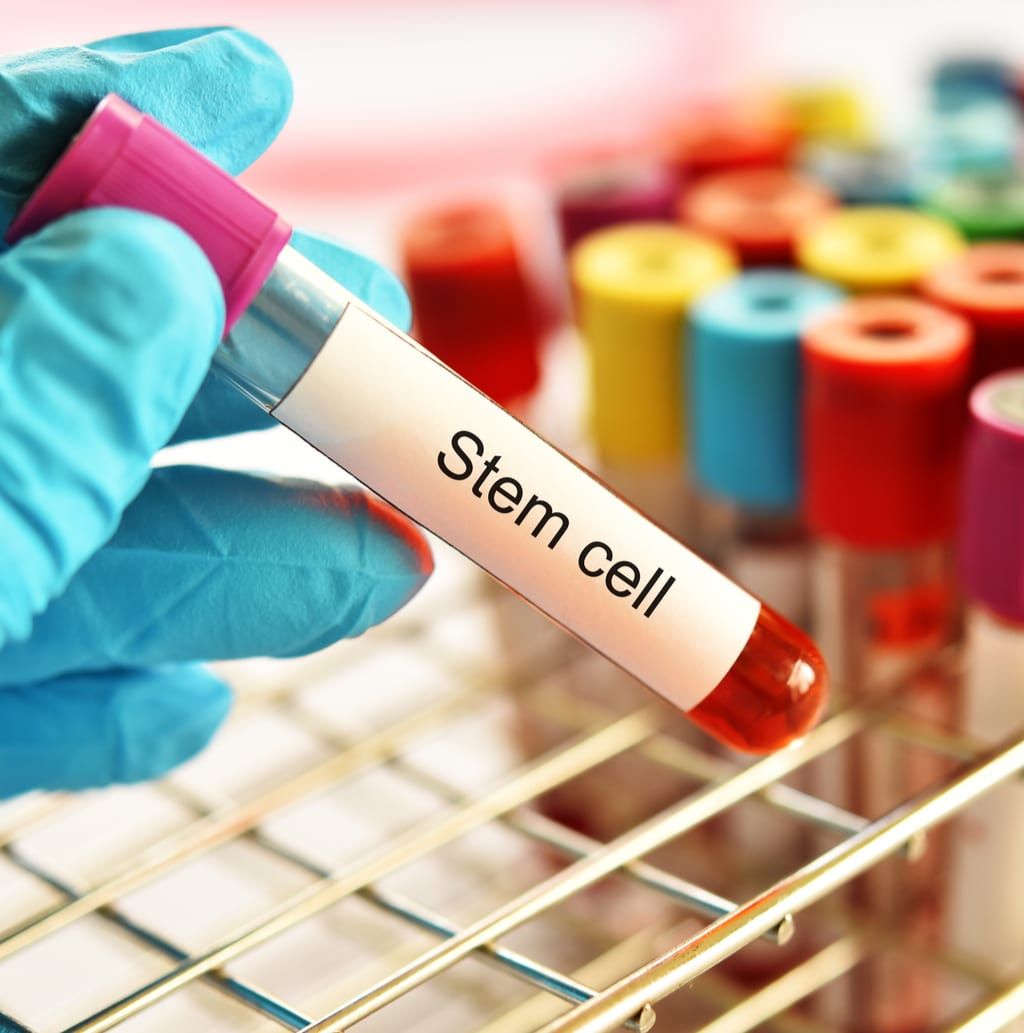For stem cell research, stem cells can be isolated from the body in multiple ways, and for pregnant women, they can donate their placenta for stem cell research. Cord blood banking can help patients suffering from blood cancer find a cure for their disease. It has the potential to save and improve the lives of people everywhere. It’s an entirely personal decision, and that why at our clinic, we focus on initiating the conversation by informing our patients about the procedures, costs, and risks associated with cord blood banking.
What Is Cord Blood Banking?
Cord blood banking works by using the amniotic fluid from the fetus’ umbilical cord after the baby is delivered. Normally, as part of amniocentesis testing, obstetricians will extract some of this fluid to test for chromosome defects and discard the fluid afterward. But researchers through stem cell research programs have been investigating the idea of isolating stem cells to grow new tissues for children with congenital disorders. Because the stem cells would be matched to the baby’s genetics, the new tissue wouldn’t be rejected by the immune system and implanted in the uterus during pregnancy or after the baby is born.
The process of saving up these stem cells for future use is called banking. It can help children with life-threatening conditions that affect the metabolic system, immune system, and blood. Plus, by using the umbilical cord, it’s less invasive and expands its use. While the use of cord blood banking is limited, stem cell research has been working in grand strides to provide further treatment for children with severe health conditions.
For parents interested in cord blood banking, they can donate through multiple avenues:
Public Donation
Public donations have a wider range of patients that the cord blood can be reached to, have higher regulations by organizations such as the American Association of Blood Banks, and have no costs to the donor family. These donations are not limited by nationality and can reach any child who needs this research.
Private Donation
Private donations treat the primary family circle, so the cord blood banking services the needs of the mother and her relatives. Private donations typically have fees ranging from $1350 to $2500 and have a less successful transplant rate.
The Benefits of Cord Blood Banking
The use of stem cells from cord blood brings many benefits for treating diseases compared to bone marrow stem cells.
- Cord blood stem cells can be given to more people and have a higher rate of matches than those with bone marrow transplants.
- Cord blood is easier and less invasive to collect. Bone marrow collecting has more risks associated with it and has a higher rate of rejection.
- These stem cells can strengthen the immune system during cancer treatments, while bone marrow stem cells don’t have this capability.
Questions about Cord Blood Banking:
What types of cord blood transplants are there?
There are two types currently: autologous transplant and allogeneic transplant. Autologous transplants are rare as the same child can only use the collected stem cells due to genetics. Allogeneic transplants are more common and can be used to treat other children and their conditions.
How is cord blood stored?
Your medical professional will have first to clamp, cut, and clean the umbilical cord before collection. Once your medical professional collects the cord blood and tissue, they will store it in either a plastic bag or cup and then transport the blood and tissue to the nearest laboratory.
What problems can occur from cord blood donation?
In some cases, the blood cannot be collected, especially if the baby is preterm or if the umbilical cord’s clamping needs to be delayed for medical reasons. Any emergencies during delivery can turn the priority of medical professionals to you and your child first.
How We Can Help With Cord Blood Banking
Donating cord blood to our most trusted laboratories is what we specialize in when it comes to our patients’ care. We offer cord blood banking services to expecting mothers by working with our local hospitals and organizations to make our banking secure and comfortable. If you have any concerns about our cord blood banking services, contact us at any point, and we’ll be ecstatic to provide you the answers you need to make the right decision.

